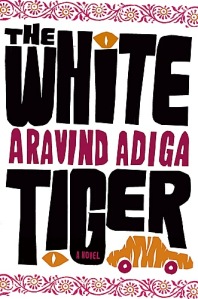The 150-word Review: With Slumdog Millionaire’s explosion into the world’s zeitgeist, modern-day India with its unrestrained energy and its arresting pastiche of colors, textures, and sounds has become a microcosm of globalization. It’s a bridge between the old world and the new. Much like Slumdog, Booker-winning The White Tiger captures this same dynamic, but through the idiosyncratic mind of one unforgettable character.
In a series of letters to Wen Jiabao, the Premier of the People’s Republic of China, Balram Halwai describes his life’s journey from a peasant lost in the Darkness of rural India to a chauffeur in Delhi to a successful entrepreneur in Bangalore. In a remarkably unrepentant voice (reminiscent of Meursault from Camus’ The Stranger), Balram pontificates on the indignities of the caste system, the shackles of the traditional Indian family, and the chasm between the Haves and the Have-nots–and the horrific means he’s taken to control his own destiny.
You will like this book if you’re a fan of: Salman Rushdie’s Midnight’s Children, outsourcing, a Honda City, chandeliers, Murder Weekly, political corruption, and moral ambiguity.
Cliff Clavinism (stuff that will not make you look cool in a bar): Aravind Adiga was formerly a journalist for the Financial Times and TIME magazine.


